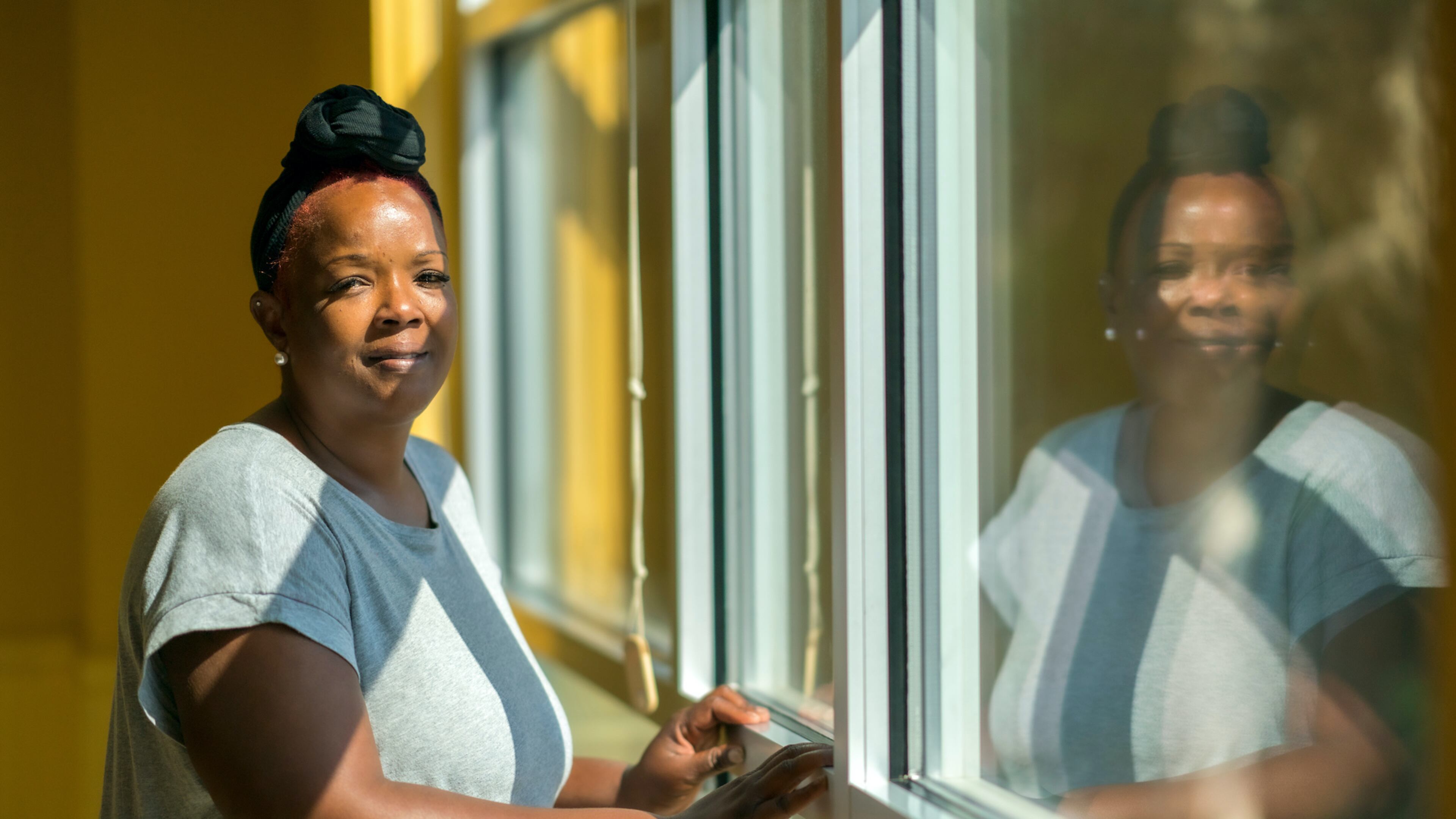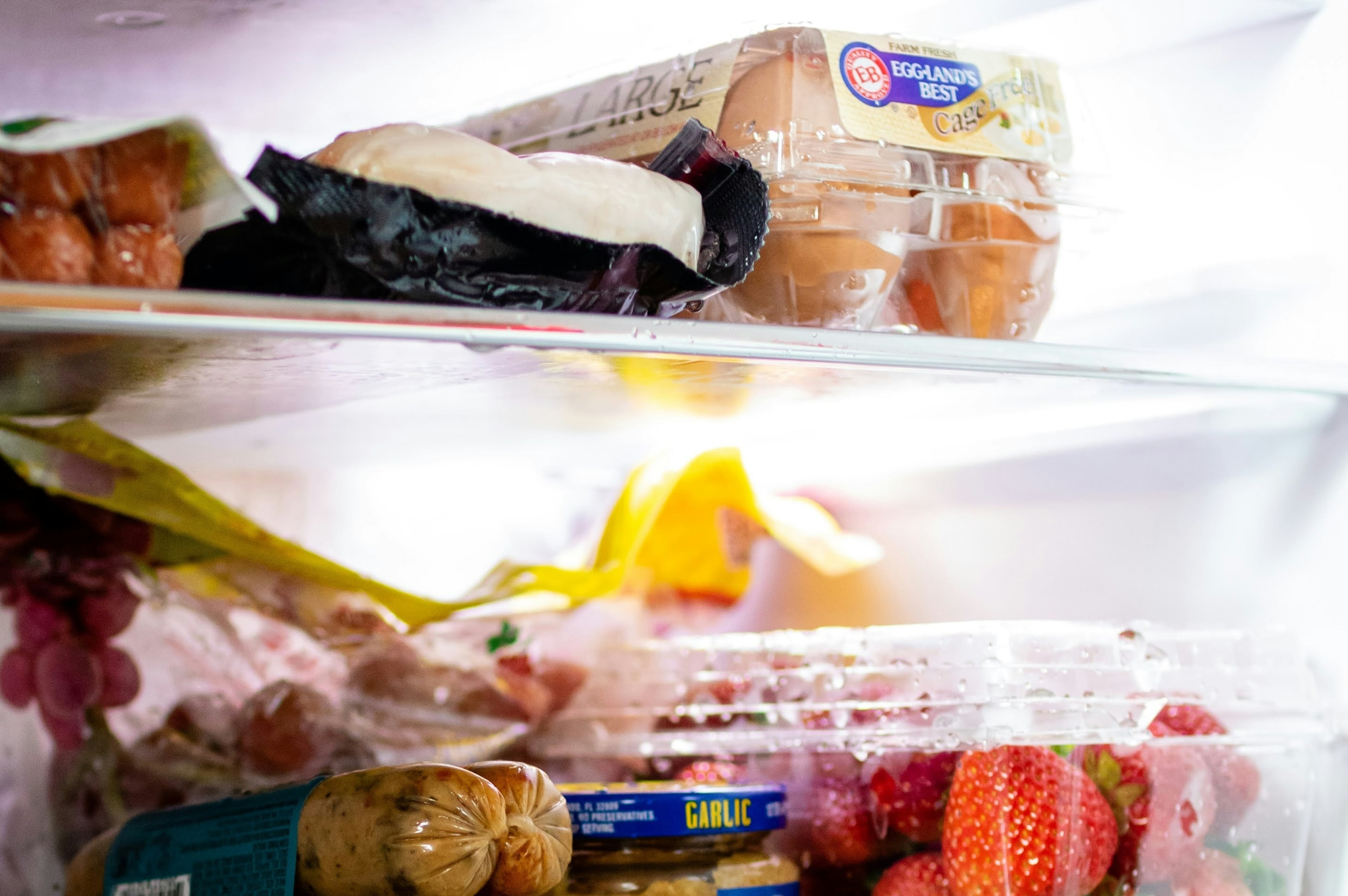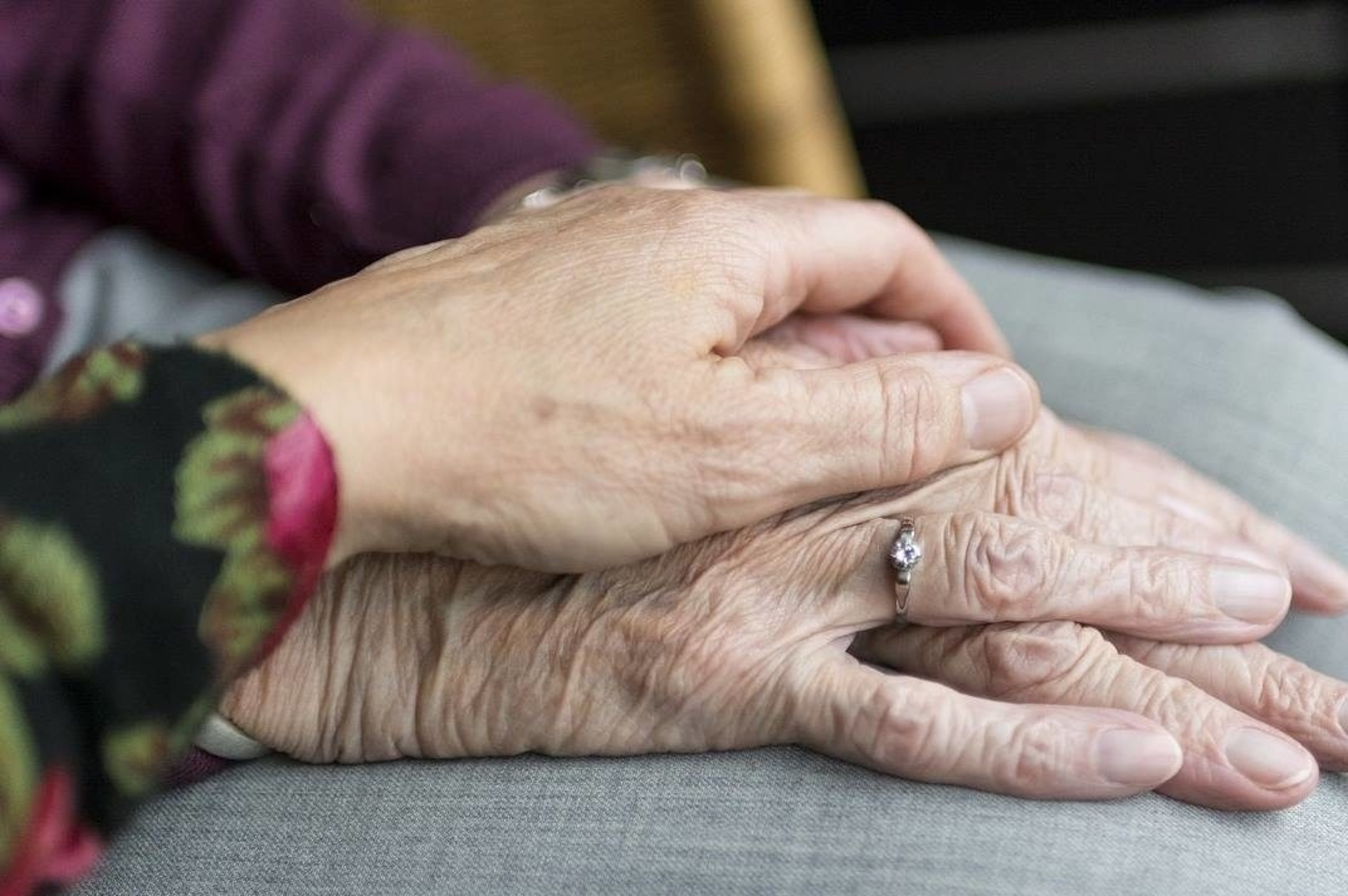Atlanta Mission: Giving hope and help to Atlanta’s homeless

Atlanta Mission, the city's oldest and largest homeless-focused nonprofit, has grown from its beginnings as a Great Depression-era soup kitchen to a multi-campus organization that serves more than 1,000 homeless people a day.
The mission provides personalized service according to each client’s needs, offering emergency shelter, rehab and recovery services, vocational training and traditional housing.
» RELATED: One of Atlanta's oldest nonprofits is dedicated to helping aging seniors
“We take a holistic approach to our services,” explains Rachel Reynolds, PR/communications manager for Atlanta Mission. “We do everything from giving you a bed at night to providing therapy.”
The mission’s services begin with a 12-page assessment that gauges each client’s needs. From there, a plan is created to help meet each client where they are and to provide the specific assistance needed. Atlanta Mission has five facilities that address the physical, emotional and spiritual needs of different segments of the homeless population.
The Shepherd’s Inn serves men, providing overnight shelter, recovery programs and vocational training. My Sister’s House is a similar shelter for individual women as well as women with children. Transitional housing for men is offered at Fuqua House, and The Potter’s House provides residential discipleship and recovery programs for men.
In addition, Atlanta Mission is planning to build Restoration House, a shelter that offers enhanced day and overnight shelter services for women and children. This will replace the Atlanta Day Shelter for Women & Children.
» RELATED: Nurse volunteers speak the many languages of love in Clarkston
Depending on what each client needs, he or she may receive the mission’s help for a week or for years, Reynolds said. This individualized service doesn’t place a time limit on assistance.
The face of homelessness may be different from what many people expect. Although the public may think of the typical homeless person as someone who’s addicted to drugs or alcohol, that’s not necessarily the case.
“I would say there’s not a typical story anymore. Who knows if there ever was?” she said.
Clients have included moms who couldn’t afford to pay for childcare so they could work and pay the rent or mortgage. Another woman got hurt on her job and wasn’t getting better, so she was unable to continue earning money. Still another was a business owner with a master’s degree who lost his company, home and income because of a hurricane.
“There’s a thousand stories that are … just like you and me,” Reynolds said. If people are going through a hard time and don’t have a network of family or friends who can or will help them, they don’t know where to turn.
The problem is likely to get worse as Georgia grapples with COVID-19 and its economic effects. The pandemic has also prompted the mission to take precautions such as performing health screenings on all clients multiple times a day, deep cleaning their campuses throughout the day and educating clients on proper hygiene.
Although the mission provides a large number of services to many clients each year, it doesn’t take any government funding. It’s fully funded by the generosity of the community, Reynolds said.
To donate to the mission, click here.
More Stories
Keep Reading


